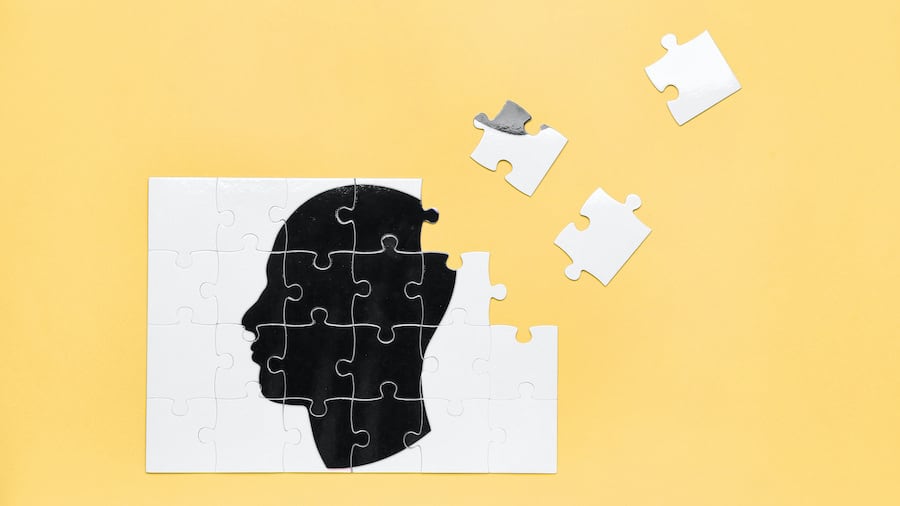Sydney Community College Blog — by Marcus A.T. on 20 May 2022

The brain is at its most plastic in the early ages of childhood, at this point we are malleable versatile learners taking on new information fluidly and effortlessly. We first hit a plateau in our ability to take on new information at around age 12 when learning new skills becomes hampered by far more rigid neural patterns. The next milestone for our learning decline is around age 25 from which point the brain’s plasticity solidifies, habits of behaviour take over and beliefs about our ability to take on new things become part of our identity. However, does this mean we should stick to what we know?
The vulnerability of learning
Among the things I thought I did not miss since entering my thirties was the sensation of being an absolute beginner. The vulnerability we experience when we are new to a subject area can be daunting and frustrating. As a result, we become resolved that we are unsuited to a subject area, retreating to familiar skillsets that don’t present hurdles and instead provide us with a level of comfort and safety. As a result, we can grow to forget the youthful pleasure of becoming capable of something we previously weren’t. That first time our fingers move effortlessly to formulate the C-Chord without having to stare at the fret intensely. The sketch of the figure that takes form and begins to indeed resemble its subject. Waiting to capture a photo with patience and intent rather than aggravating the shutter endlessly. These experiences of novelty and competency keep our brains healthy as we age.
Learning a new skill or participating in a new activity is a great way to rejuvenate our brain health. The development and functioning of our brain are largely controlled by our genetic makeup, but a substantial portion of our brain’s evolution is also the result of our experiences. Learning a new skill, such as playing the violin or learning to paint affects the brain in many positive ways; it creates new connections by forming alternate pathways in which information can travel. More connections mean larger brain volume and a greater cognitive reserve and as a result, science suggests that those who continue to take on new skills show the least decline in cognitive function.
Never stop learning
The college currently offers 370 short courses and we have taught over 15,000 classes over 36 years of operation. We hope that in most of those classes someone has felt the joy and novelty of discovering a new capability in themselves, the high of new neural pathways forming in their brain as they prove that learning doesn’t stop at 12 or 25 but continues into adult life, continuing to enrich our lives and mould our brains.
When the doors shut in March 2020 and our face to face business was threatened by a global pandemic our mantra amongst our staff was “never stop learning”. As we begin to peer our heads out of the hibernation and consider what to do and where to go, consider taking on the wonder of a new skill and feel the vulnerability and excitement of being a beginner again.

